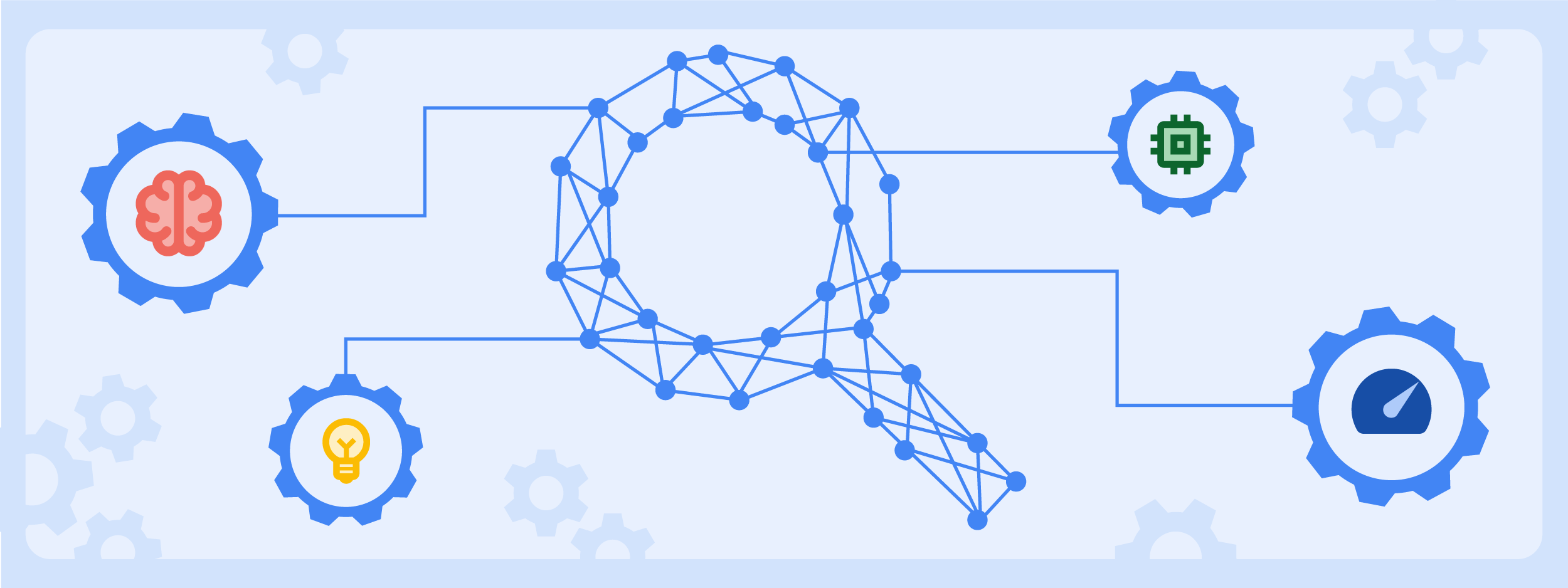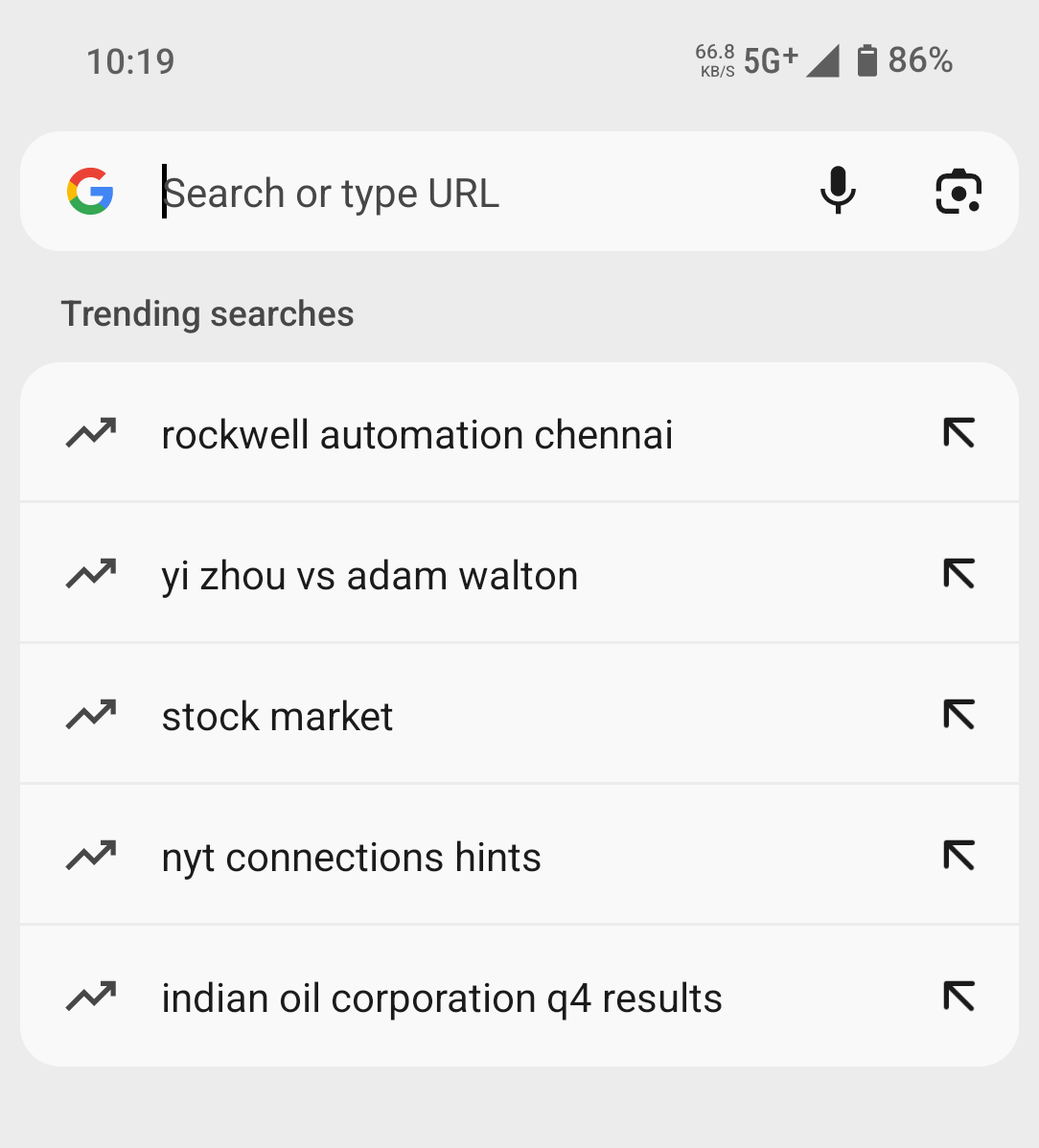Why it matters: Google is supercharging the address bar of its popular web browser with machine-learning capabilities. Known as the “omnibox” since it pulls double duty as both a URL entry field and search box, this unassuming text field is about to get a major upgrade.
The omnibox has evolved well beyond its humble beginnings as a place to type website addresses. It can now handle all sorts of queries and tasks by leveraging Google’s vast search prowess. However, the suggestions and results it surfaces have been driven by a relatively rigid “set of hand-built and hand-tuned formulas.” That’s all about to change.
In a recent post on the Chromium blog, Justin Donnelly, the engineering lead for Chrome’s omnibox, revealed that his team has been hard at work adapting machine learning models to drastically improve the omnibox’s “relevance scoring” capabilities. In other words, omnibox will get much better at understanding the context behind your queries and providing more useful suggestions tailored to your needs.

According to Donnelly, when he surveyed colleagues on how to enhance the omnibox experience, improving the scoring system topped the wishlist. While the current rule-based approach works for a vast number of cases, it lacks flexibility and struggles to adapt to new scenarios organically. Enter machine learning.
By analyzing massive datasets of user interactions, browsing patterns, and historical data points like how frequently you visit certain sites, the new AI models can generate far more nuanced relevance scores. For instance, it learned that if you swiftly leave a webpage, chances are it wasn’t what you were looking for, so suggestions for that URL get demoted.

As you use the smarter omnibox over time across Windows, Mac, and ChromeOS, it will continue refining and personalizing its suggestions based on your evolving interests and habits. Donnelly’s team also plans to explore incorporating time-of-day awareness, specialized models for different user groups like mobile or enterprise, and other contextual signals.
Of course, enabling such deep personalization requires handing over more personal browsing data to Google’s machine-learning models. How comfortable you are with that trade-off is a personal decision.
Google has been gradually rolling out these omnibox improvements over recent Chrome updates, with the machine learning models really flexing their muscles starting with version M124 expected in the coming months. And while not mentioned in the blog post, it’s safe to assume the update would trickle down to mobile as well eventually.

